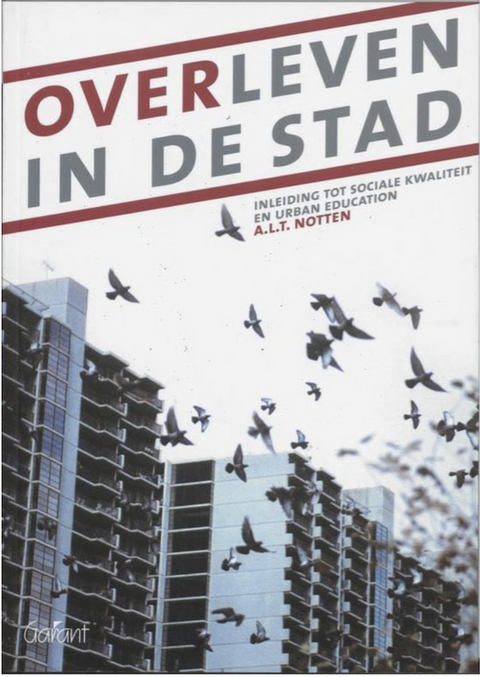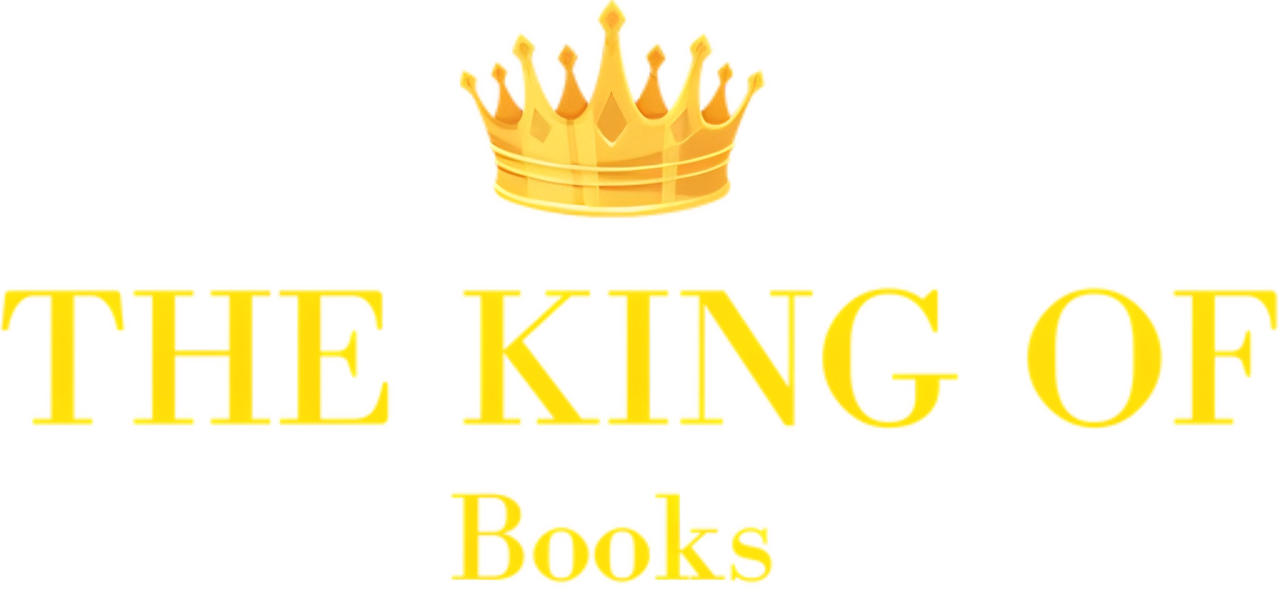
Surviving in the City: Introduction to Social Quality and Urban Education
More and more people live in cities, and children grow up in them. In many ways, large cities differ from places in the province. In size, physically, socially, culturally and economically, and in the composition of the population. World cities are part of global knowledge and innovation networks, and that largely determines their character.
The first four chapters of this book shed light on metropolises in the US and Europe. In broad terms and with telling details. What does it mean to (sur)vive and grow up in the city? The tough city life is discussed, the global backgrounds and the consequences for each generation, and the fear of contamination of social professionals. The second part deals with issues closer to home. How did education, training and youth policy develop in the Netherlands? Is there nothing better than shared school desks in the city? Why is the approach to immigrant youth becoming more harsh? Big cities are multicultural, but what should we do today with the intercultural relationship tinkerers who were so popular twenty years ago?
This book is about the social quality of cities and urban education, and what can be helpful in this: work, leisure time and spatial planning. And therefore about what the city demands of professionals: a new, interdisciplinary and practical view of a complex field of forces. In higher education, interest in the city is increasing. The book therefore concludes with a sketch of the professional identity of (social-pedagogues), teachers and cultural and social workers in the city.
Ton Notten received his doctorate in 1988 with a thesis entitled Rationality and the Beautiful Pursuit, at the University of Amsterdam. In addition to his professorship at the Vrije Universiteit Brussel, he is a lecturer at the Hogeschool Rotterdam, with the teaching assignment 'Growing up in the City'.

Free and fast delivery

Same day shipping




